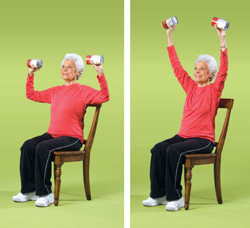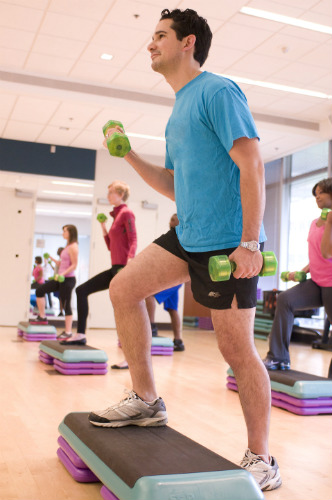- Low to moderate intensity physical exercise improved cognitive and physical health in both middle-aged and older adults.
- Studies evaluated executive function, memory, processing speed, depressive symptoms, flexibility, balance, and lower limb strength.
- Two meta-analyses include 38 studies in all.
Physical exercise improves cognitive function in both middle-aged and older adults, according to the results of 2 meta-analyses evaluating 38 studies.
These new findings offer yet another potential motivator for patients to exercise. Many would like to exercise regularly, or feel that they should. These findings reveal another benefit that of exercise that physicians can use to motivate patients to improve their health.
Older Adults
The authors of a recent meta-analysis, published in Sports Medicine - Open, reviewed 15 studies that evaluated the effects of low-intensity exercise on cognitive function in older adults. The analysis found that 11 of the studies reported improvement in flexibility, balance, lower limb strength, and depressive symptoms following patients’ involvement in an exercise program.

Middle-Aged Adults
An earlier systematic review published in the Journal of Science and Medicine in Sport examined the relationship between cognitive function and physical exercise in healthy young and middle-aged adults. The authors of this analysis included 23 studies in the review.

Among study participants who regularly participated in physical exercise, 5 trials found a significant benefit of exercise on executive function. The benefit ranged from small to large but all 5 trials revealed some form of benefit. The authors found just 1 study linking improved processing speed among participants who regularly engaged in physical exercise.
